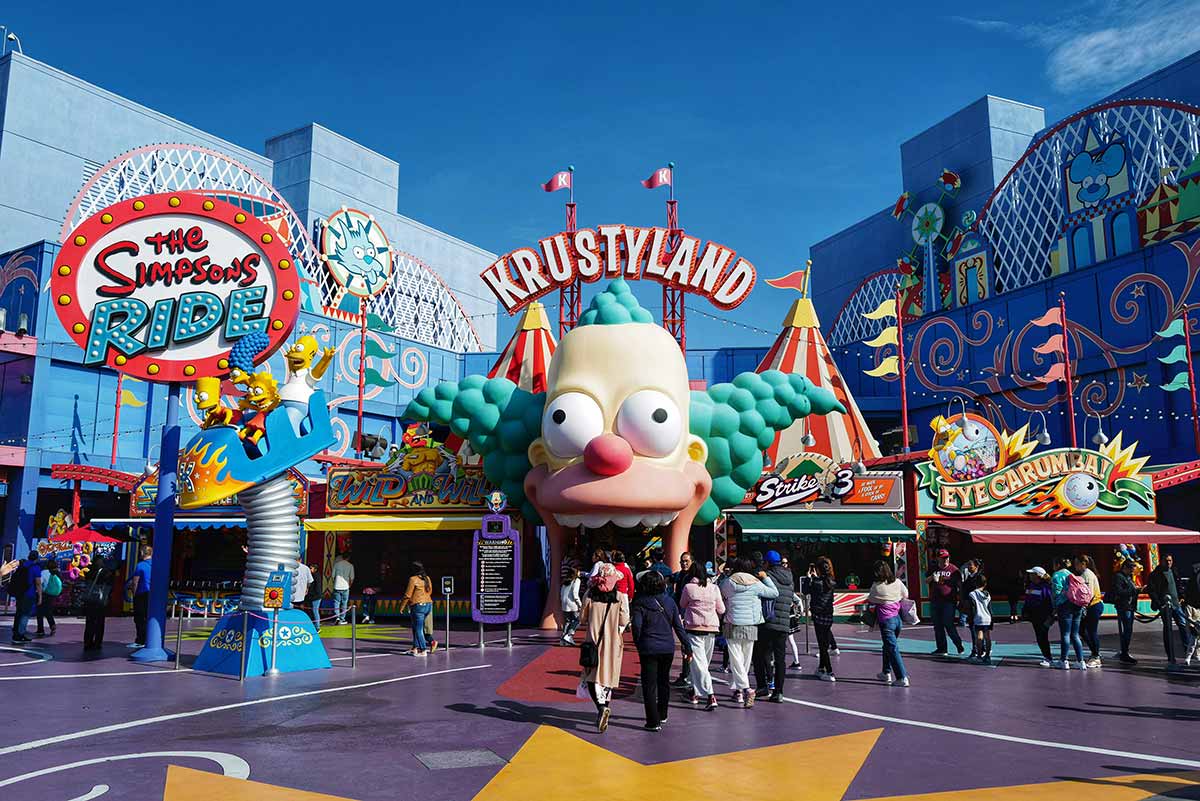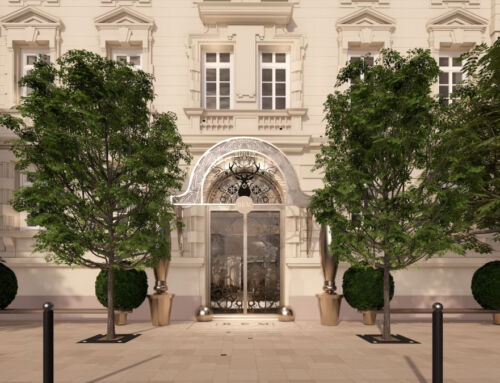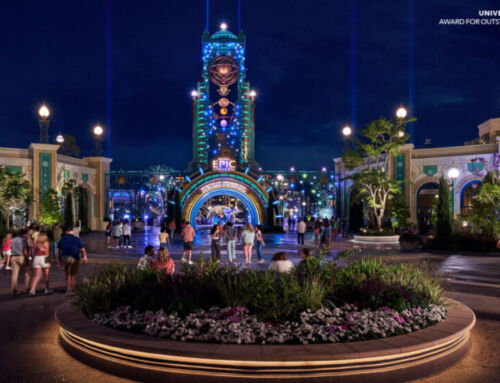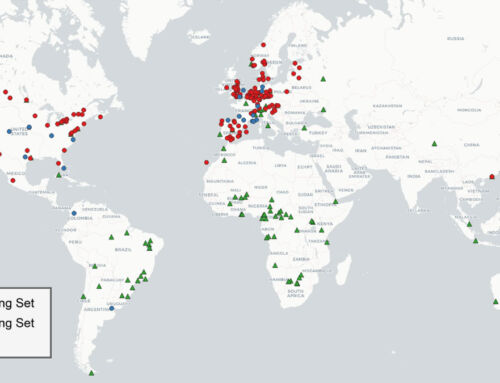Nowadays, environmental awareness and commitment to sustainability are imperative issues in any field, including theme parks. In fact, some of these leisure, tourism and entertainment complexes are world leaders in the implementation of sustainable systems and practices.
One of the fundamental aspects of sustainability is precisely efficient waste management. In this sense, many theme parks have set out to establish waste recycling and composting systems in their facilities, as well as to reduce the use of plastics and other non-biodegradable materials in catering areas.
Disneyland Resort in California, USA, is an example of this strategy. With its comprehensive recycling programme, the theme park saves thousands of tons of waste from landfills each year. In addition, it has reduced single-use plastics in its restaurants and fast-food areas, where compostable cutlery and containers are used.
Reducing energy consumption and sourcing energy from renewable sources are key determinants of a theme park’s sustainability. Walt Disney World Resort in Florida, also in the United States, invests in solar energy for its own consumption, efficient LED lighting technologies and smart control devices to regulate energy use in attractions and buildings.
The choice of low environmental-impact materials is another priority in the construction of new rides and other theme park structures. Certified wood, recycled steel or low-carbon concrete are some of them. In addition, they try to reuse and recycle other materials during the construction and renovation process. Europa-Park, Germany’s largest theme park, uses FSC (Forest Stewardship Council) certified timber, green building practices and recycled materials.
Many theme parks also aim to play an important role in environmental education and awareness-raising for visitors and tourists. Interactive exhibits, educational tours and outreach activities serve to raise awareness of current environmental challenges and encourage sustainable practices in their daily lives. Efteling in the Netherlands is a prime example: it offers quality entertainment while educating about the importance of biodiversity conservation, responsible water use or waste reduction.

@Pixabay
These theme parks demonstrate that sustainability and commercial success can go hand in hand, and therefore become models for other industries.
By Manuel Ginés, Senior Architect in Amusement Logic’s Architecture Dept.








